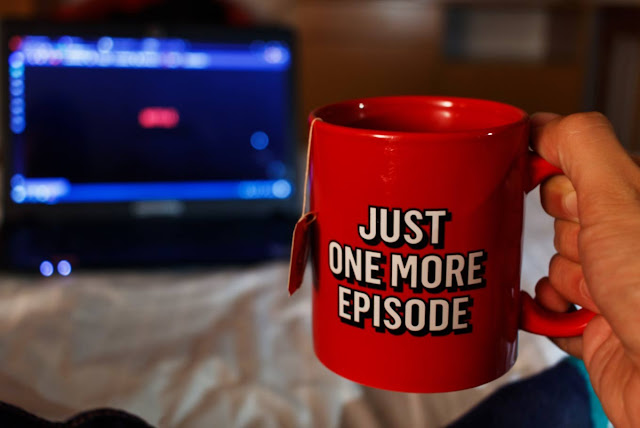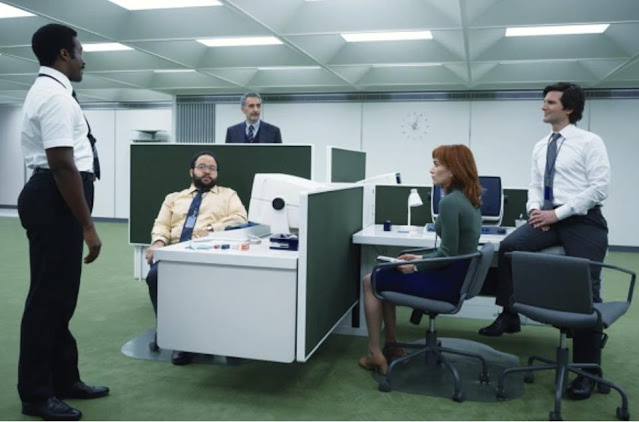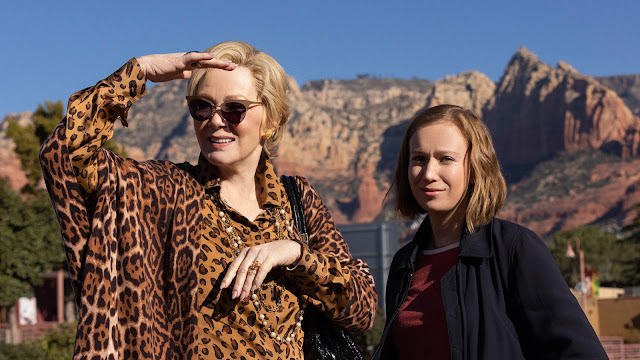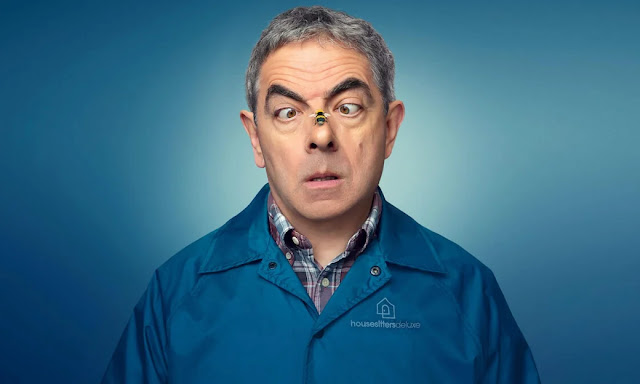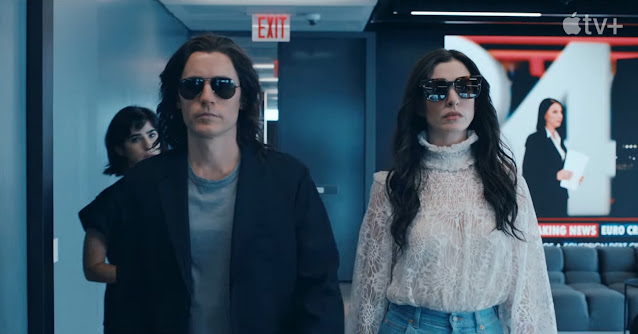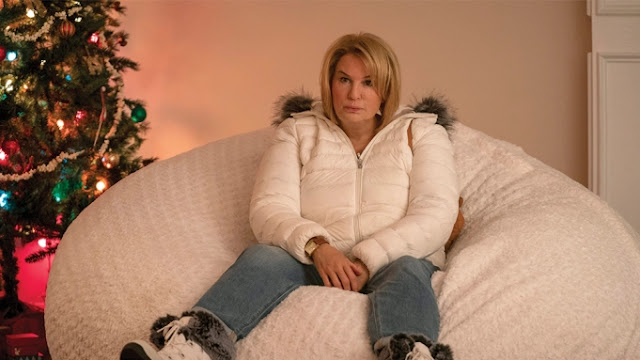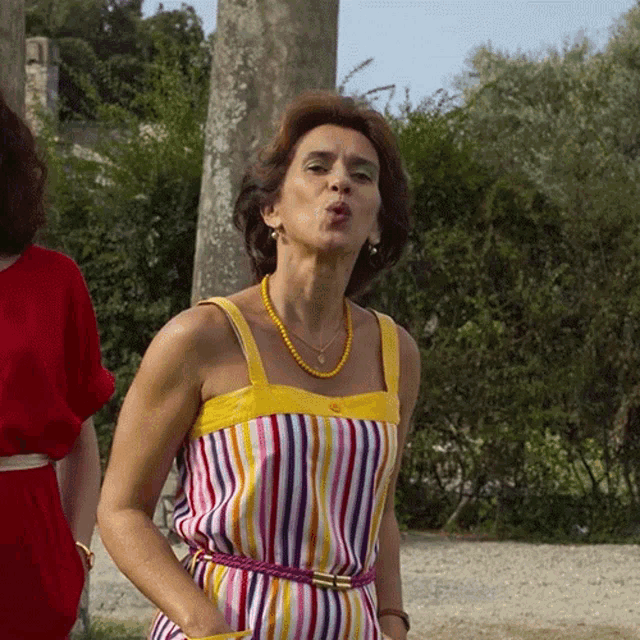"It's Oscar time again. Pardon my asterisks, but I am completely out of f*cks to give."
That's how I opened my annual Oscar post five years ago. And with each successive year, I have felt less and less enthusiasm for this annual pageant of the film industry's self-congratulation. In fact, I haven't even bothered to write an Oscar post since 2018.
It was not always thus. For most of my life - since the age of 11, in fact - the Oscars have been to me what the Super Bowl is to die hard football fans. And while I still look forward to gathering with my friends - eating, drinking, and dishing the red carpet looks and awkward acceptance speeches - there is a very big part of me that just doesn't care anymore. I don't know that my apathy is necessarily related to the pandemic, the war in Ukraine, the embarrassing spectacle of this week's Ketanji Jackson confirmation hearing... all the things that matter so much more. It's just that, with every passing year, it becomes more obvious to me that these awards have only an ephemeral and tenuous connection to enduring artistic achievement.
And that's still true this year, even with a mournful, slow-moving three-hour Japanese film about grief and loss in the running for Best Picture (Drive My Car, which is beautiful, but demands your full attention. Carve out time on a rainy afternoon and stream in on HBO Max while you can.)
In truth, there are a number of worthy and wonderful films and performances on the ballot this year. But there are others that have been unfairly overlooked, not just by the Academy but by most other awards-giving organizations as well.
So here are my terribly important (and completely subjective) thoughts about who/what will win, who/what should win and who/what was the most unfairly overlooked:
Best Supporting Actress:
Will win: Ariana De Bose for West Side Story
And I've got no problem with that. DeBose was a joy in a film I liked very much. This win will make history, with DeBose winning for the very same role for which Rita Moreno won the Oscar in 1962.
Should win: Ariana De Bose
Although Jessie Buckley was pretty damn good in The Lost Daughter.
Overlooked; Dakota Johnson for The Lost Daughter, Teresa Saponangelo for The Hand of God
Everyone loves Buckley and Olivia Colman, both terrific actresses who dazzle us in every performance. But Johnson is every bit their equal here, and I can't understand why she hasn't received the same awards love as her co-stars.
Saponangelo was the hilariously volatile mother in Paolo Sorrentino's Best International Film nominee. Frankly I'd like to give a special Oscar to every actor who played a member of the young protagonist's family; watching them was possibly my happiest experience in a movie theater in 2021.
Best Supporting Actor:
Will win; Troy Kotsur for CODA
There's been a groundswell for Kotsur in the weeks since the nominations were announced. He's not my first choice is this category, but I certainlhy won't be outraged if he wins. CODA deserves some Oscar love, and this is the most likely category in which to receive it.
Should win Kodi Smit-McPhee for The Power of the Dog
Smit-McPhee was, quite deservedly, the early front runner in this category. And he could still take home an Oscar this year. But I predict he'll be back before long. He's still quite young and already too good an actor not to be nominated again.
Overlooked: Toni Servillo for The Hand of God, Mark Rylance for Don't Look Up and Simon Helberg for Annette
Three of my favorite 2021 performances haven't received any nominations anywhere. So I'm going to sing their praises here and now.
Servillo is the cheerful, very funny father in the aforementioned Italian film. A frequent player in the films of Paolo Sorrentino, he is always good - but especially so here.
Rylance's tech mogul manages to send up both Elon Musk and Mark Zuckerberg, yet feels like a very specific but wholly original characterization. He's not in the film much, but when he is, everything feels funnier and more inspired.
Almost no one saw Annette, and most of those who saw it weren't crazy about it. (I, however, loved it.) Still Helberg deserves recognition for being both hilarious and heartbreaking in a sung-through musical, playing the conductor who pines, mostly unrequitedly, for an opera singer (Marion Cottillard.)
Best Actress:
Will win: Jessica Chastain for The Eyes of Tammy Faye
Chastain is going to win, and I am here for it. She found the the heart and humanity behind the false eyelashes and the startling facial prosthetics. The film is itself was nothing special, but Chastain was great.
Should win: I don't care...
Honestly, in this category it's more about who shouldn't win.
I'm fine with Chastain, Olivia Colman or Penelope Cruz walking off with an Oscar. Just please, God, do NOT let it be Kristen Stewart for that Godawful overrated Spencer. Nicole Kidman shouldn't be here either.
Overlooked: Michelle Pfeiffer in French Exit
Lady Gaga in House of Gucci is the first and most painfully obvious choice here. Jennifer Hudson, who channeled the late, great Aretha Franklin to spectacular effect in Respect is another glaring omission. But I'm going to champion Pfeiffer, who has been killing it for the last few years, playing hilariously acerbic women in films that don't get enough attention. French Exit is a regrettably flawed adaptation of a very good novel in which Pfeffier's unfiltered, unsentimental, formerly rich widow is the powerful center around which all the other actors orbit. It's worth seeking out on streaming, and if it works for you at all, it's because of Pfeiffer.
Best Actor
Will win: Will Smith in King Richard
I'm not sure how Smith is getting so much award love in a year which also gave us Benedict Cumberbatch's mesmerizing turn in The Power of the Dog, but Smith is the shoo-in here. A win for Smith feels more like an lifetime achievement/Mr. Congeniality award to me. But I'll admit, if grudgingly, that Smith is pretty damn good in this film.
Should win: Benedict Cumberbatch in The Power of the Dog
Here's what I wrote about Cumberbatch's performance after first seeing
The Power of the Dog at the 2021 Chicago International Film Festival: "Cumberbatch is electrifying in every scene, always managing to suggest a vulnerability - or at least some unplumbed complexity - behind every wincingly nasty wisecrack. When I walked out of the theater that night, I was certain That I had seen the next Best Actor Oscar winner at work. But I had not. This year is Will Smith's year. And Cumberbatch very likely has more great work ahead of him.
Overlooked: Nicholas Cage for Pig
Critics seems to agree that Cage is phenomenally good in this odd but powerful indie film, and he's received many nominations for low-stakes critics' awards. But even a single nomination for a major acting award has inexplicably eluded him. I'm mighty disappointed not to see the Oscar nomination that would have signaled the Nicholas Cage comeback. (Reminder: he already has one Oscar, for Leaving Las Vegas.)
Best Picture:
Will Win: CODA
In addition to the support building for Troy Kotsur, the film itself is gaining momentum for the top prize. I'm going out on a limb to predict that voters will find CODA to be the perfect heartwarming, life-affirming film for these troubled times.
Should Win: The Power of the Dog or Belfast

The Power of the Dog (my personal choice for Best Film of 2021) still may pull through to a victory. It's been the front runner in this category ever since the nominations were first announced.
Belfast is not considered to be a serious contender; however, its blend of gentle comedy, feel-good reminisce and artfully evoked onset of 'the troubles' in Northern Ireland manages to be relatable both to the current state of the world and to our need for the reassurance of family ties. I'm holding out a little hope for a surprise upset.
Overlooked: Mass
The best film to be largely ignored by awards-giving bodies is probably the hardest to watch. A meeting between the parents of a school shooter and the parents of his victim, it's written and acted to perfection. But it's grueling and sad. In a perfect world, all four actors (Martha Plimpton, Jason Isaacs, Reed Birney and Ann Dowd) would have acting nominations, and Mass would have received nominations for Best Original Screenplay and Best Picture. But, of course, we don't live in a perfect world...







